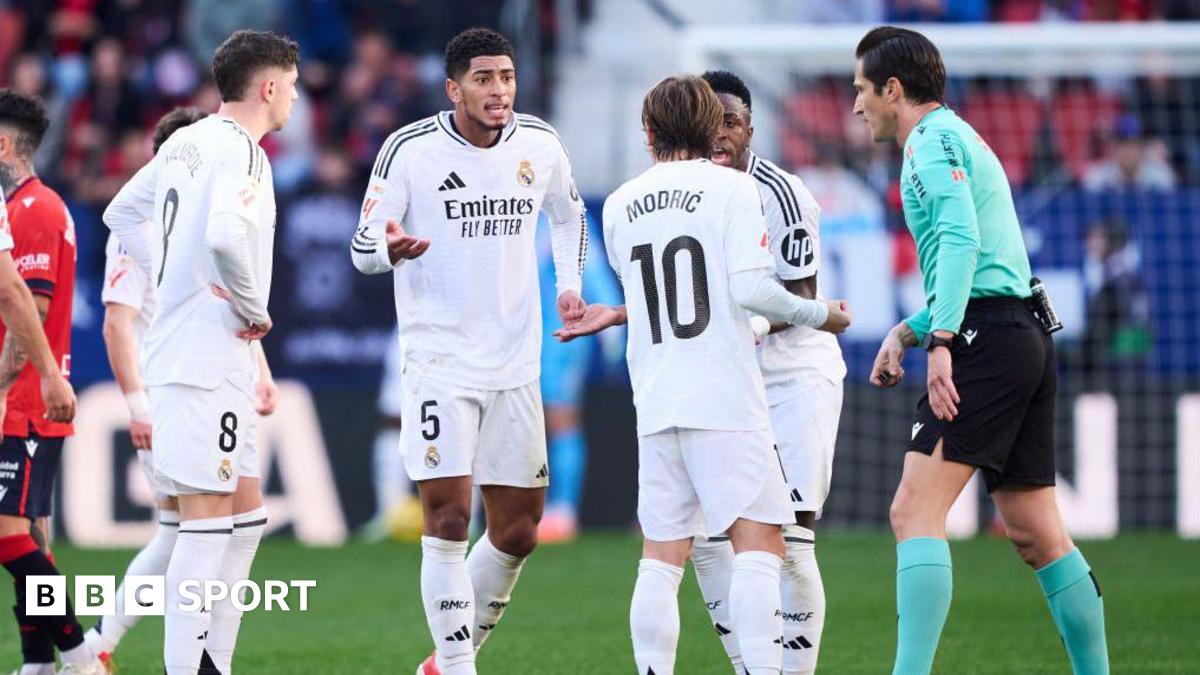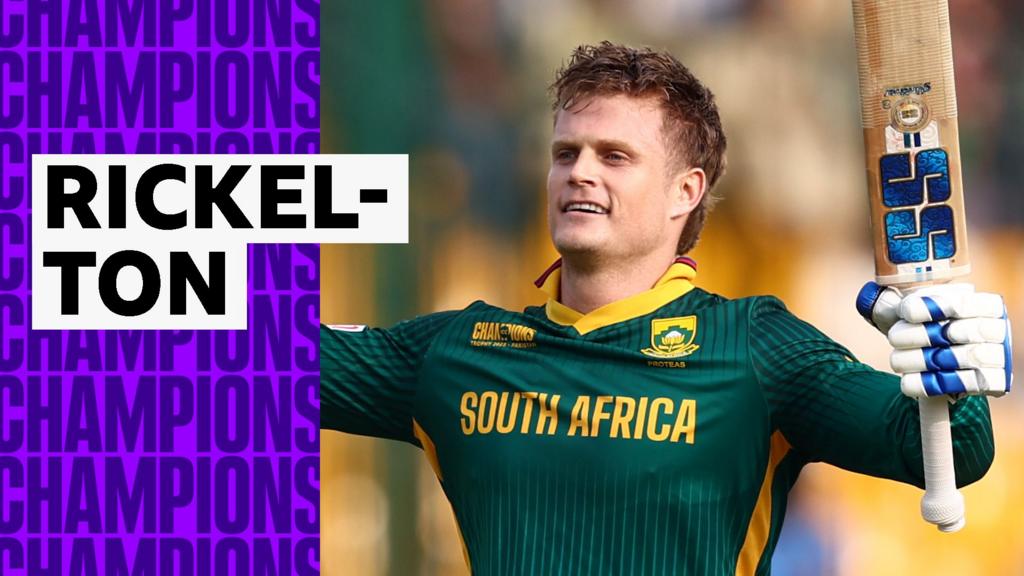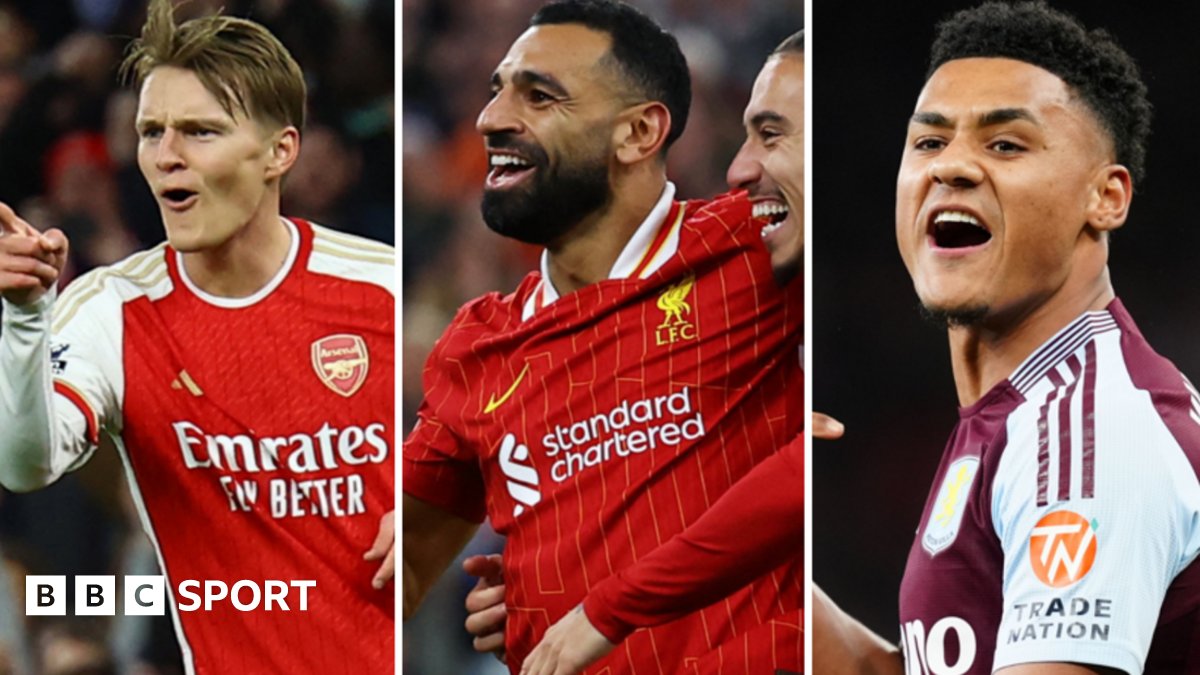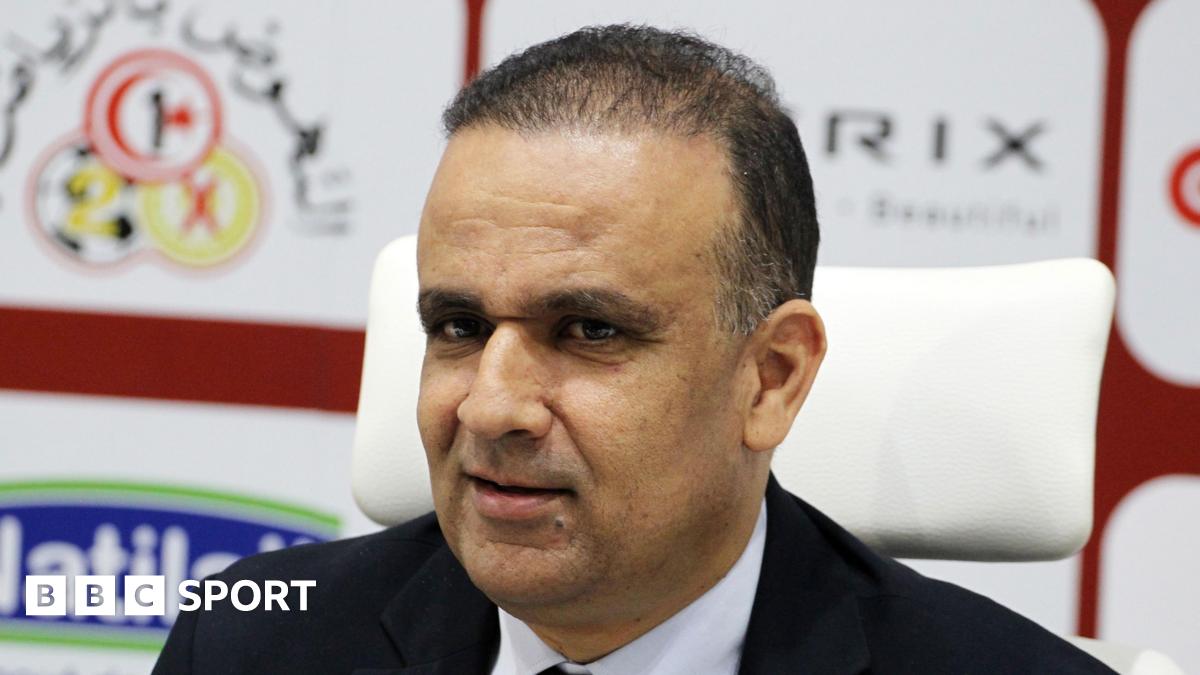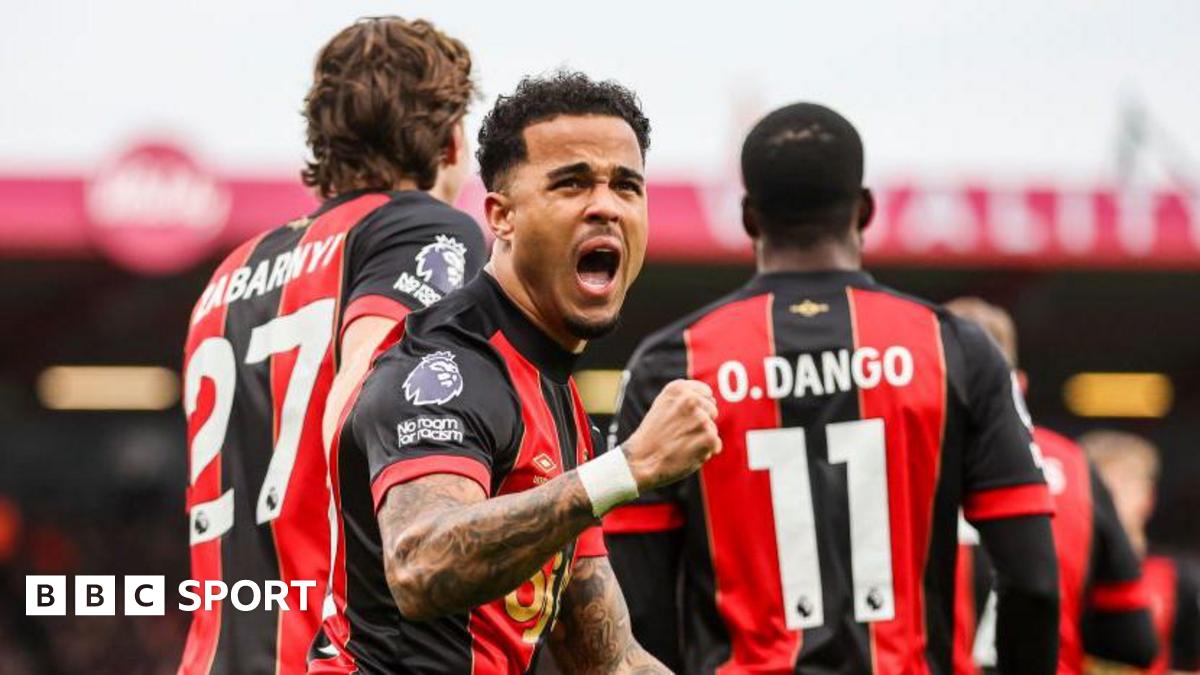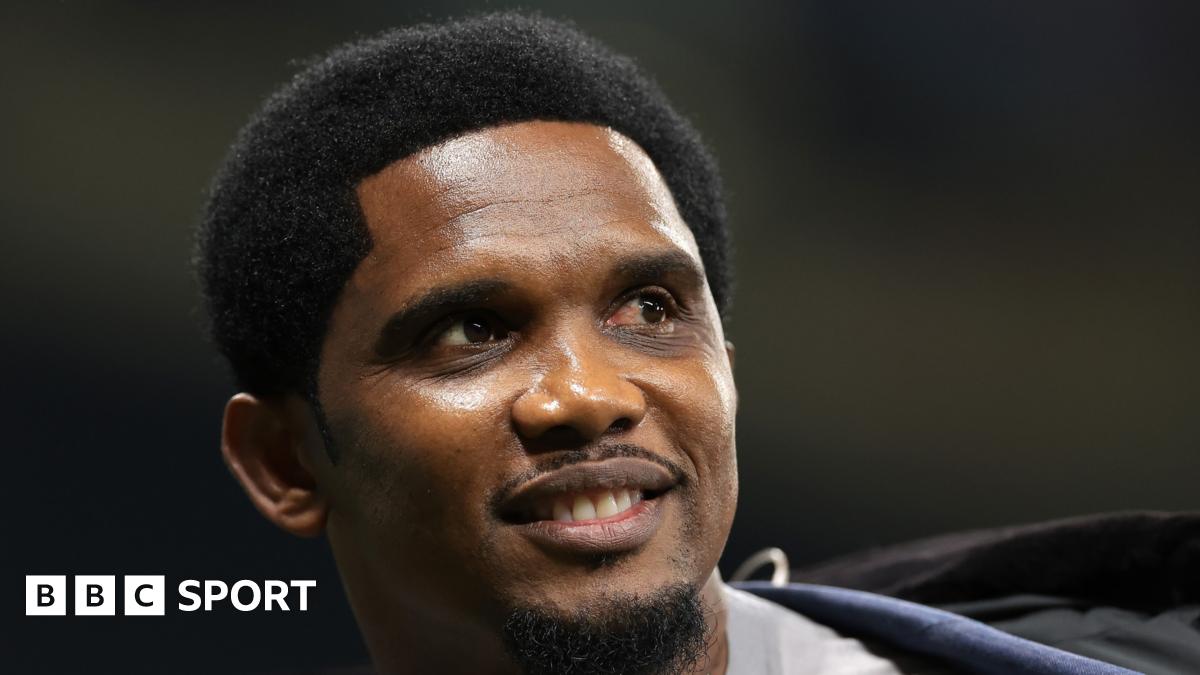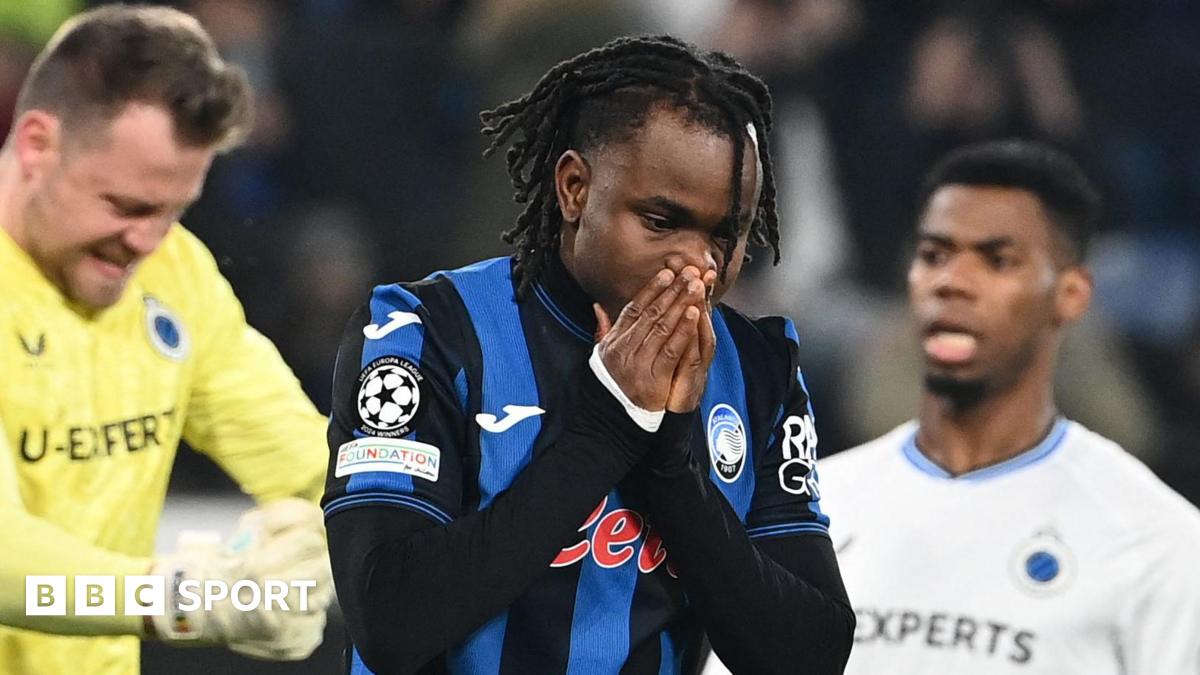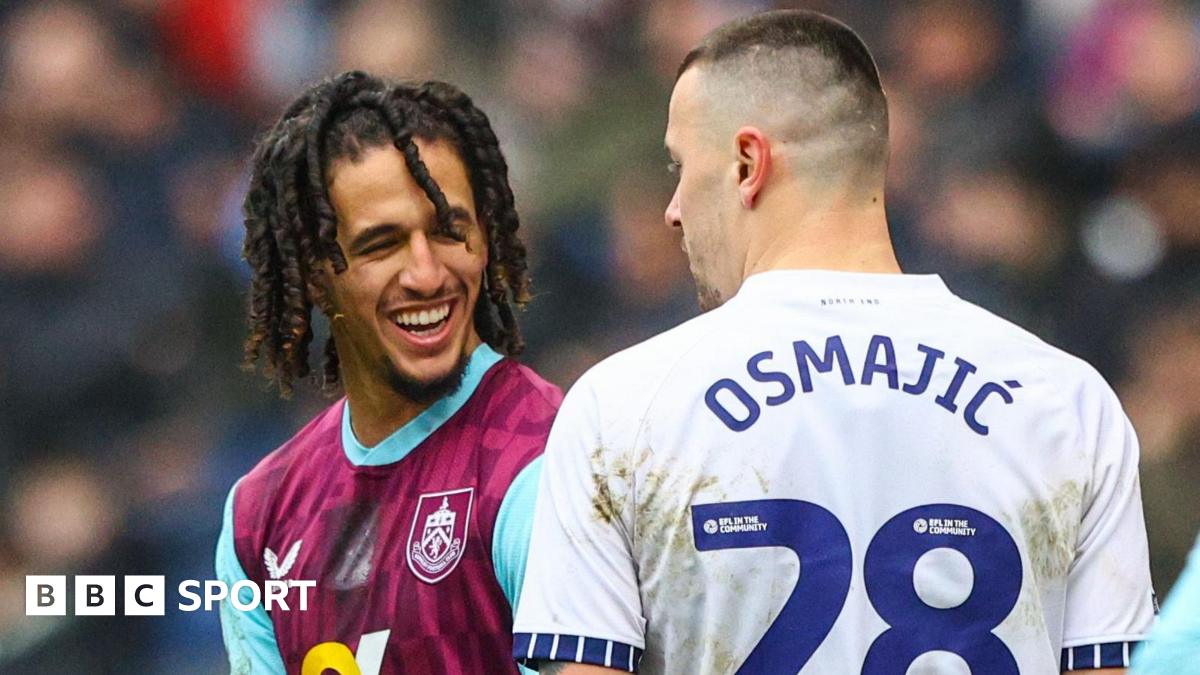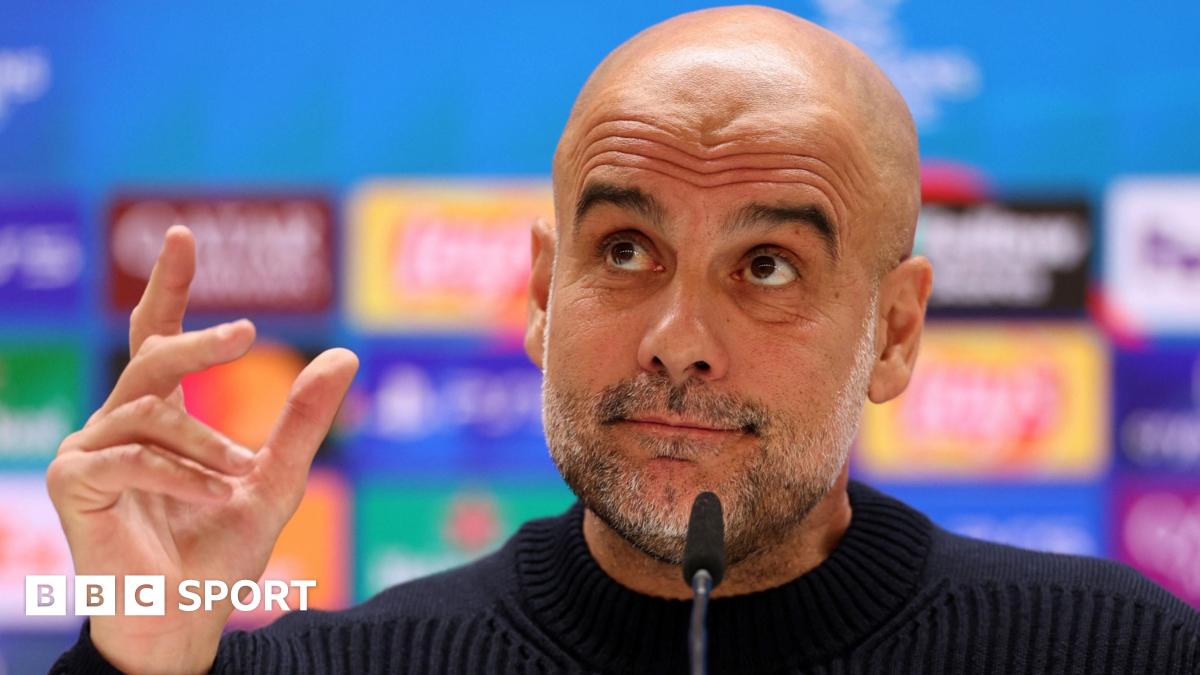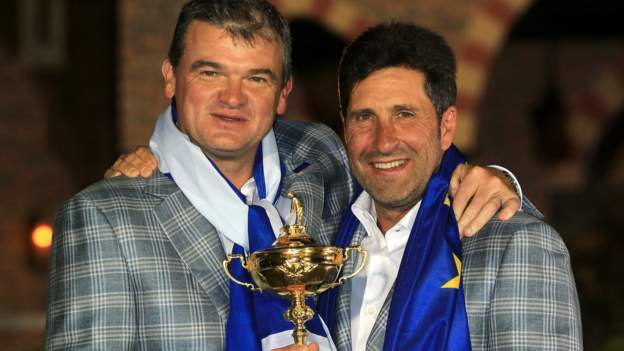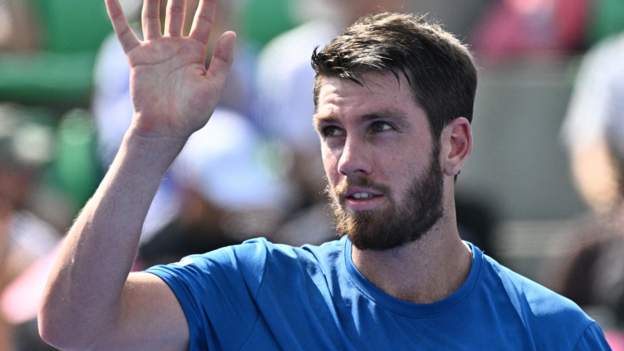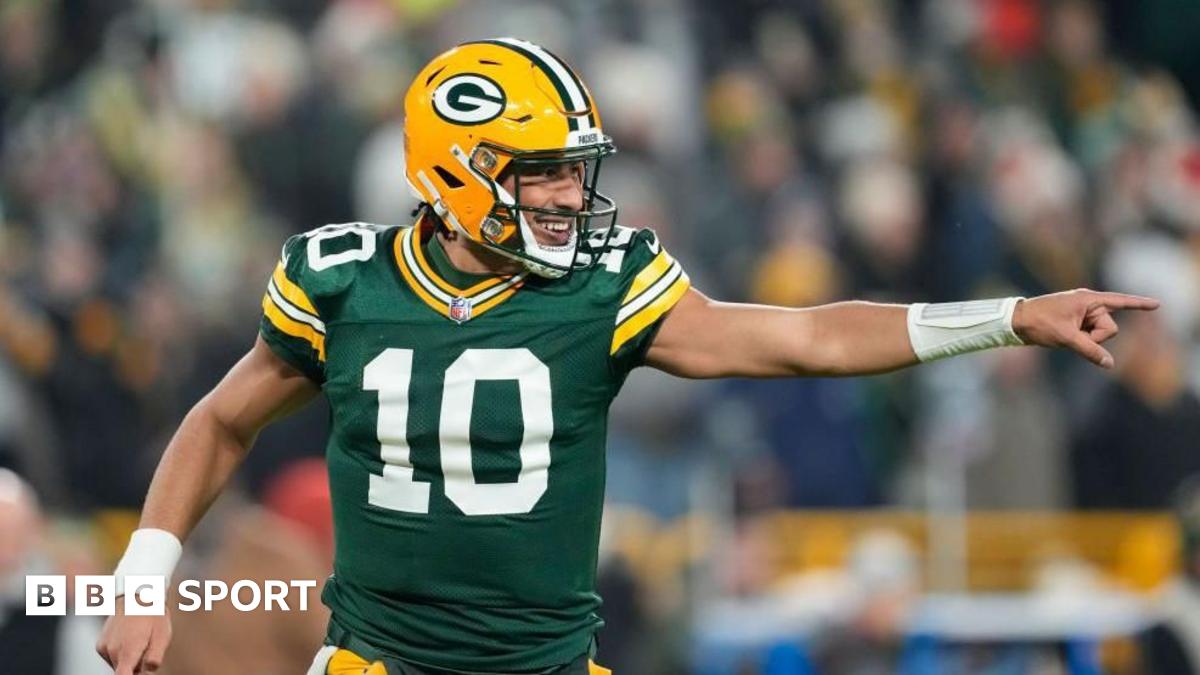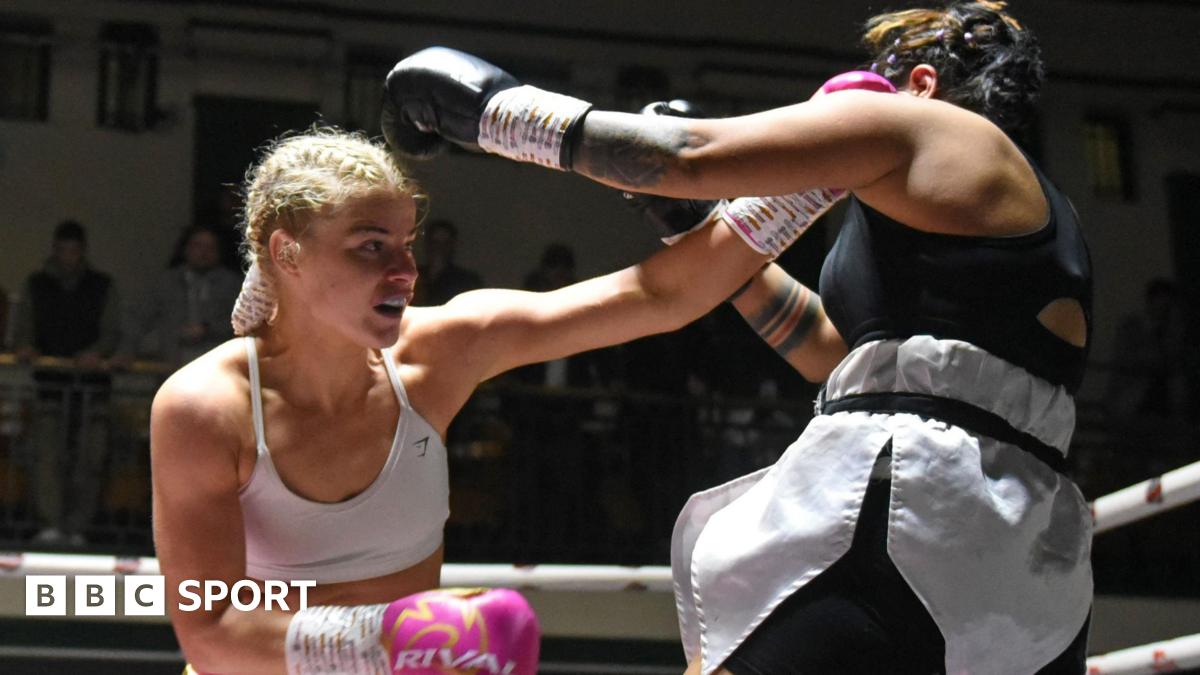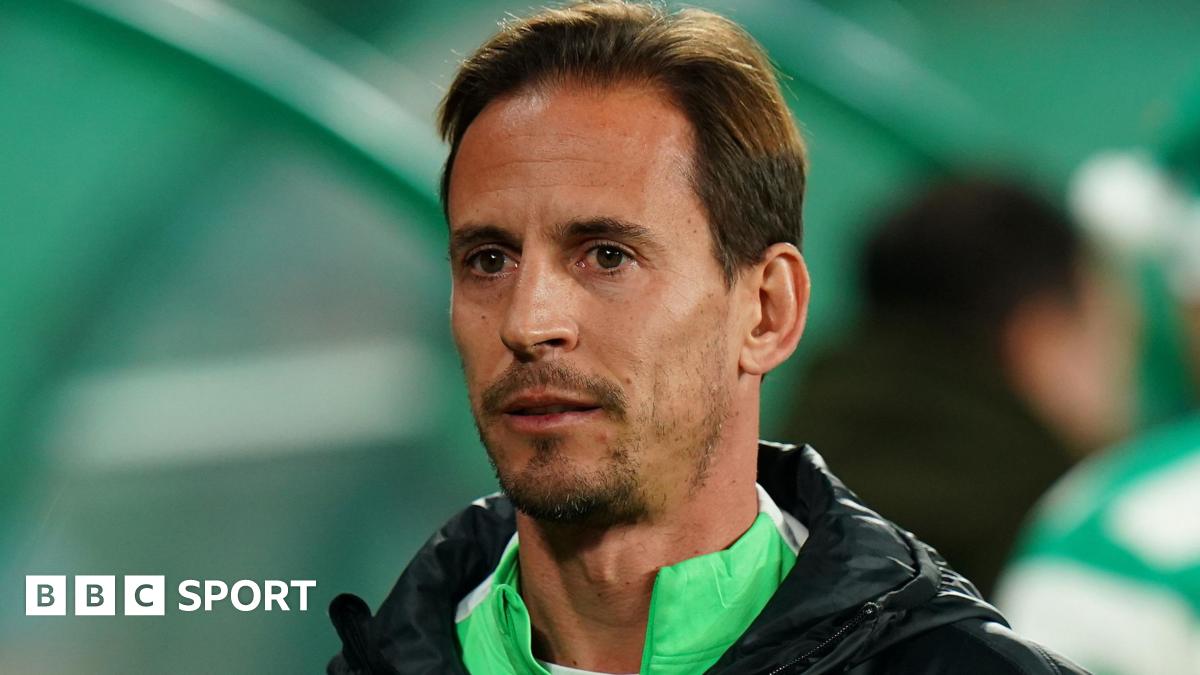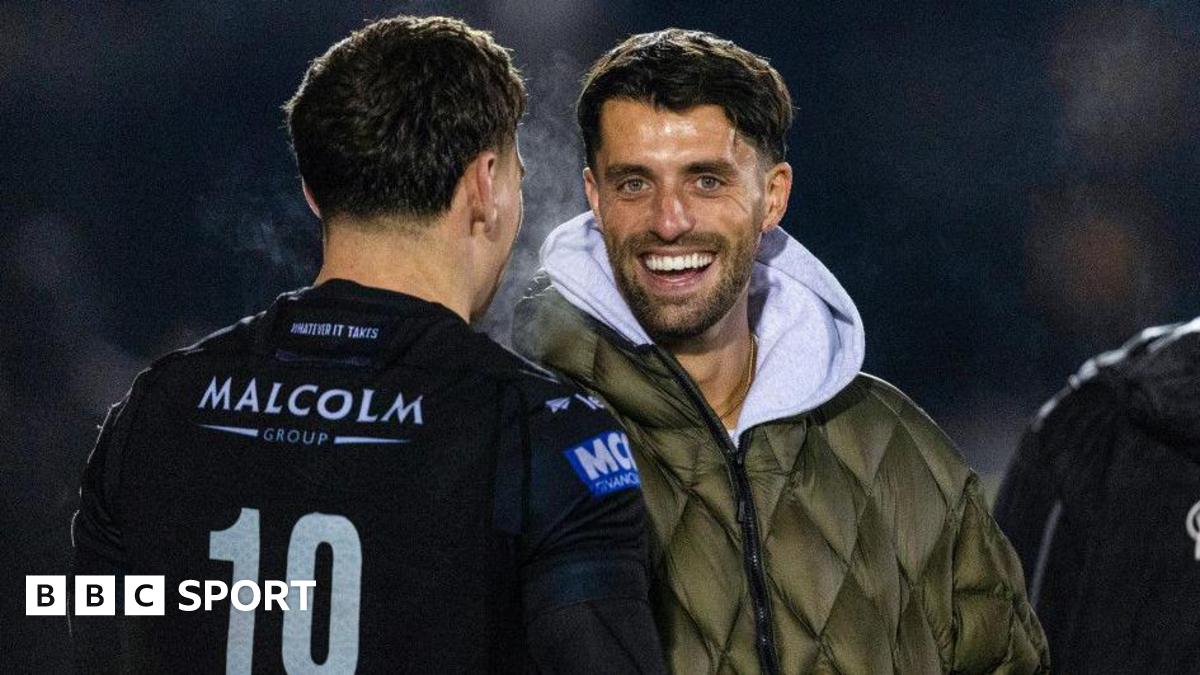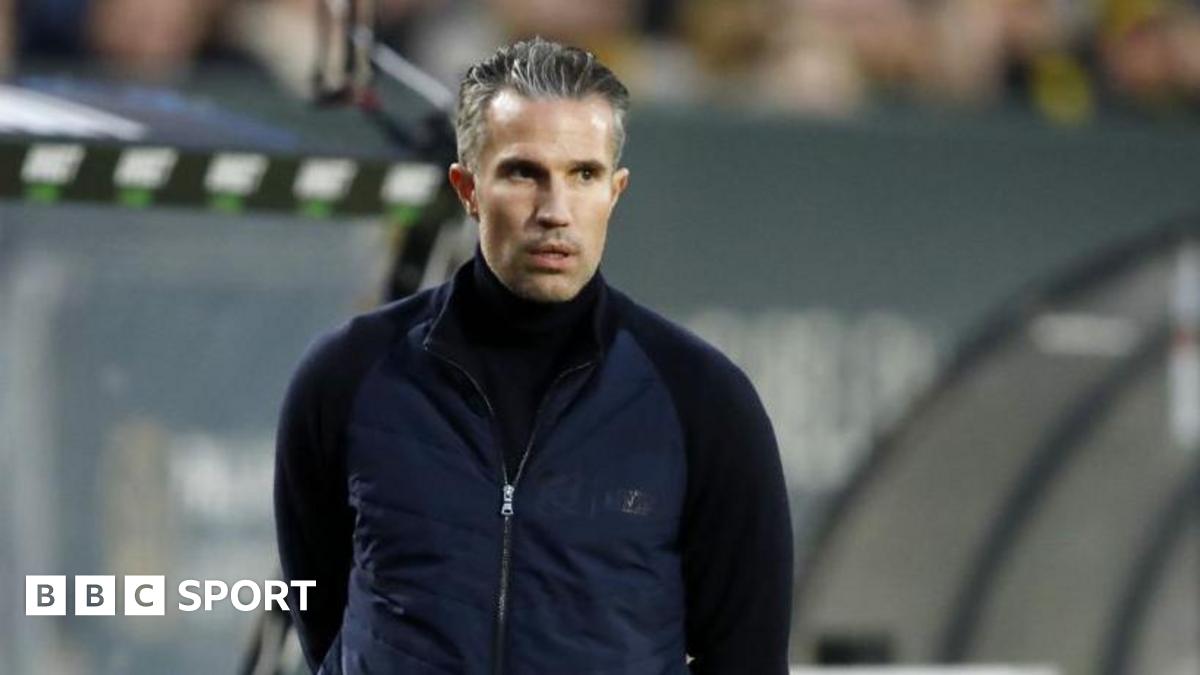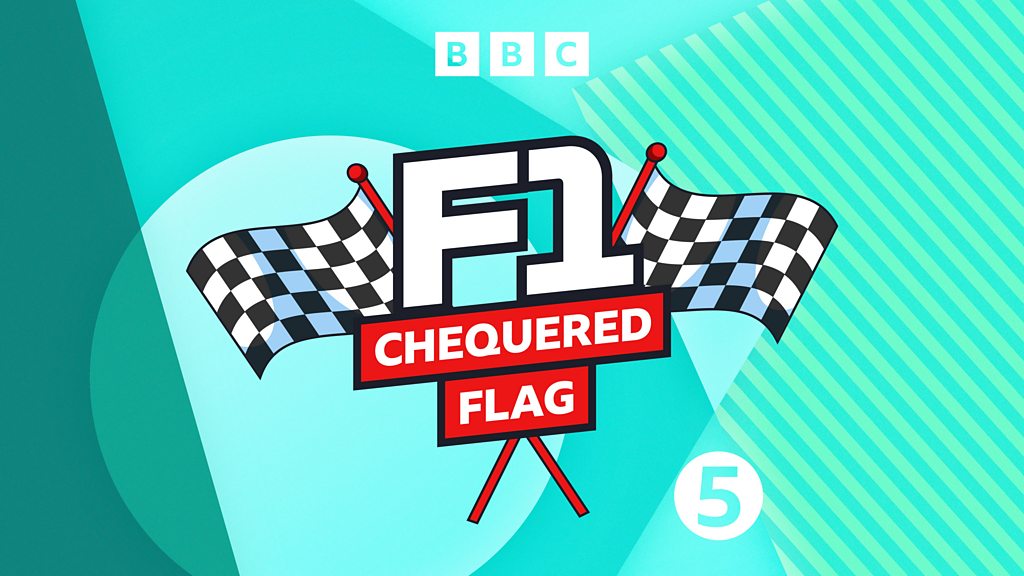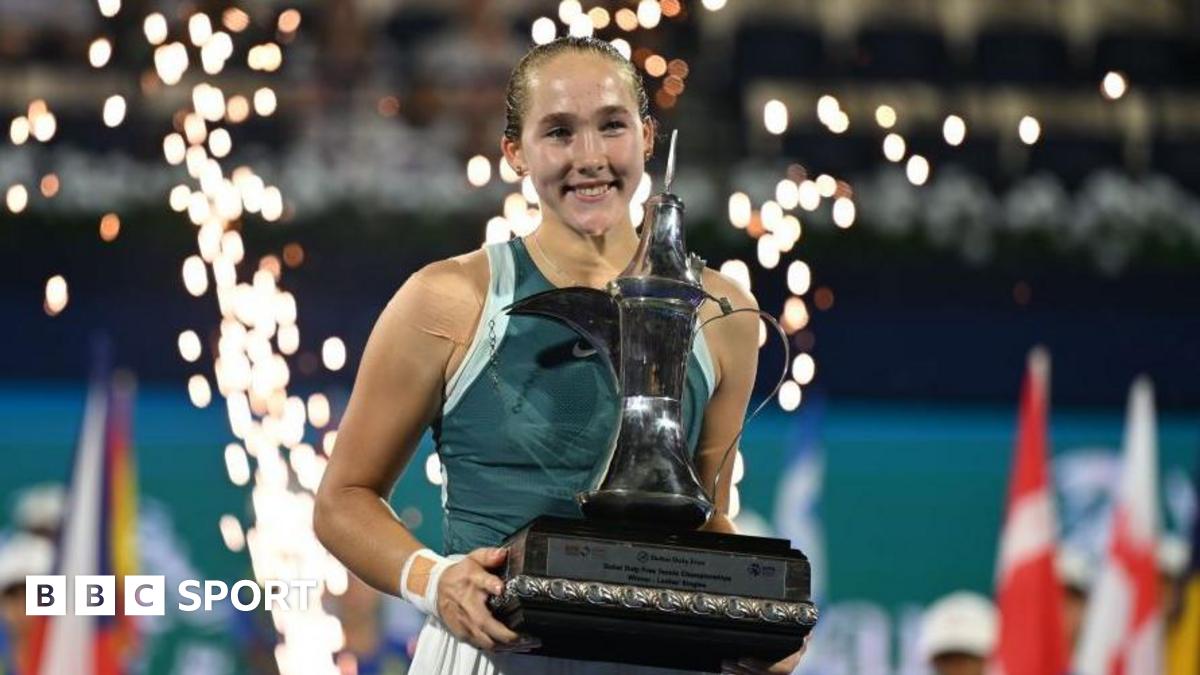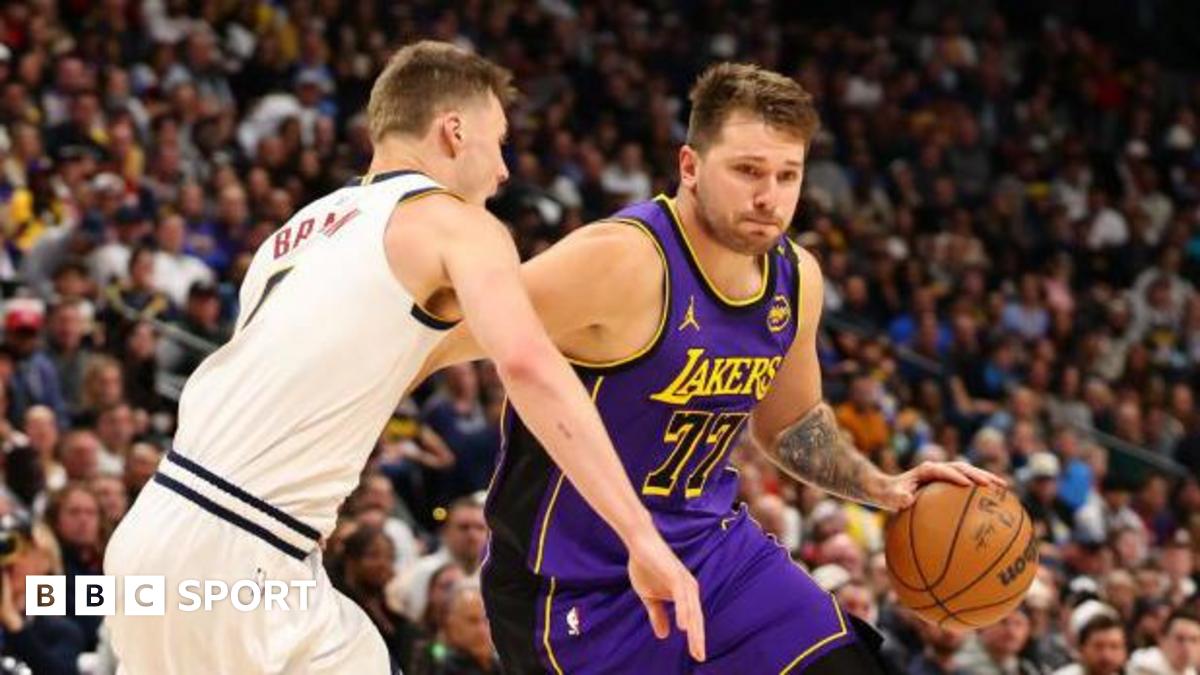The “most satisfying” round of Paul Lawrie’s career is surely the brilliant 67 that propelled him to Open glory in 1999, right? It was, after all, the biggest final-round comeback in major history.
Turns out even that can’t compete with a miracle.
Exactly 10 years ago to the day, the Scot was part of the European team that staged an astonishing revival to retain the Ryder Cup on American soil. The Miracle of Medinah. Perhaps THE greatest sporting comeback of them all.
“The 67 at Carnoustie is obviously very special, but the performance at the Ryder Cup was… wow… I was so proud of that,” Lawrie said.
Here, the 53-year-old digs into his memory bank for a first-hand account of a truly unforgettable occasion of sporting theatre.
‘Look at the state of you… get in the gym’
At 43, Lawrie was the oldest player in Team Europe. His qualification was something of a surprise, coming 13 years after his only previous Ryder Cup appearance at the Battle of Brookline.
In fact, by 2010 at Celtic Manor, Lawrie had fallen so far out of the reckoning he was commentating on the tournament for television.
His Ryder Cup playing days looked done – until coach and mentor Adam Hunter intervened with some blunt home truths. Hunter was in hospital suffering from leukaemia, which would claim his life the following year, when Lawrie paid one of his regular visits.
“I walked into the room and he was gravely ill, had tubes coming out of him,” Lawrie told Tom English in BBC Scotland’s This Sporting Life podcast.
“He says, ‘I saw you commentating the other day – what’s this carry-on? What are you doing? Look at the state of you – you’re overweight. Get in the gym, get on the range, I can’t believe you’re speaking about the Ryder Cup, you should be playing in it.’
“For 15 minutes he just tore me to shreds. I decided, right, I’m going to get in the next team. Whatever it takes.”
Clarke’s timely putting lesson
Lawrie stuck to his word, but the dream began to descend into a nightmare once play commenced in the Chicago suburb of Medinah. The boisterous home fans spent much of the first two days whooping and hollering as their heroes opened a formidable lead.
The Americans finished day one 5-3 ahead, a gap that had widened to a 10-4 chasm with just two of the second day’s fourballs still out on the course.
Then came a sliver of hope. Sergio García and Luke Donald edged a one-up victory over Tiger Woods and Steve Stricker. Next, the deficit was nibbled further when Ian ‘the Postman’ Poulter delivered a sizzling spurt of five straight birdies as he Rory McIlroy finished one up on Zach Johnson and Jason Dufner.
Still, Europe’s task was gargantuan. The Americans needed only 4½ points from the 12 singles to reclaim the trophy.
Lawrie had plenty on his mind after two bruising fourball defeats. Paired with Peter Hanson, they had been pulverised 5&4 by Bubba Watson and Webb Simpson – who set a Ryder Cup record with 13 birdies in 14 holes – before Lawrie and Nicolas Colsaerts finished one down to Dustin Johnson and Matt Kuchar.
“We both played great, both putted awful,” recalls Lawrie.
“I came off and was on the putting green trying to work out what was going on. Darren [Clarke, vice captain] came out to get me because they wanted to chat about the singles order.
“He said, ‘I’ve watched a bit of your golf this week. I know your stroke has always been really long, but you’re just a wee bit too long and you’re decelerating when you’re coming in. If you shorten it, you’ll get more acceleration through it.
“I hit about five or six putts and they all went in. Right in the middle of the hole, nice pace. I thought, ‘Wow’.
“I went back in and Darren, having seen my putts, said, ‘Chippy [Lawrie] needs to go out early. He’s played great this week, he will take down whoever he’s facing’.”
From ‘weird meeting’ to ‘heaven’
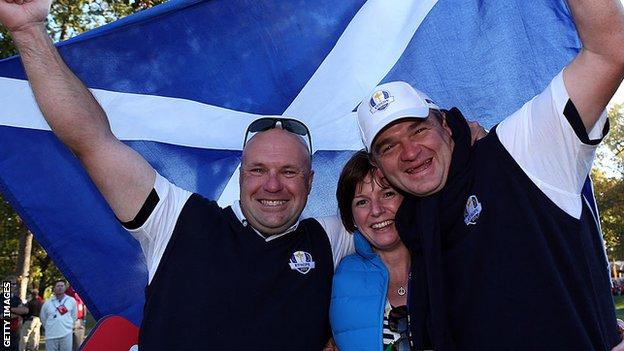
If Europe’s finest expected a tub-thumping rallying cry that evening from captain Jose Maria Olazabal, they were in for a shock.
“He handed out the singles order then went round every person asking if they were going to win,” said Lawrie. “You’re not going to say no – so everyone said yes.
“And he said, ‘Okay, we win and we go to bed.’ The whole thing was three or four minutes. It was a really weird meeting.”
Next morning they strode out for the singles wearing navy blue and white – a nod to the late, great Seve Ballesteros – and produced a performance the swashbuckling Spaniard would have been proud of.
They needed a fast start, and got it, with Donald, McIlroy, Poulter, and Rose winning the first four matches. Momentum, so crucial in Ryder Cup battle, was firmly on Europe’s side now.
Out fifth was Lawrie, taking on Brandt Snedeker, who had pocketed $10m [£8.94m] for winning the Fedex Cup just a week previously.
“Olazabal said the first five guys had to win for us to have any chance,” the Scot remembers.
“So for me to have no points – I’ve played well tee to green but putted awful – to go out and shoot six under for 15 holes would be the most satisfying round of golf I’ve ever had. The best performance I’ve ever [produced] when I had to do it.”
Lawrie’s 5&3 evisceration of Snedeker was the biggest winning margin of the day as Europe clawed their way back on an incredible day of drama.
It was left to Martin Kaymer to roll in a five-foot birdie on the last to get Europe to the holy grail of 14 points, before Francesco Molinari halved with Tiger Woods to ensure they won it outright.
Final score: 14½-13½. Final word to Olazabal: “I don’t know how heaven feels, but it must be close to this.”



